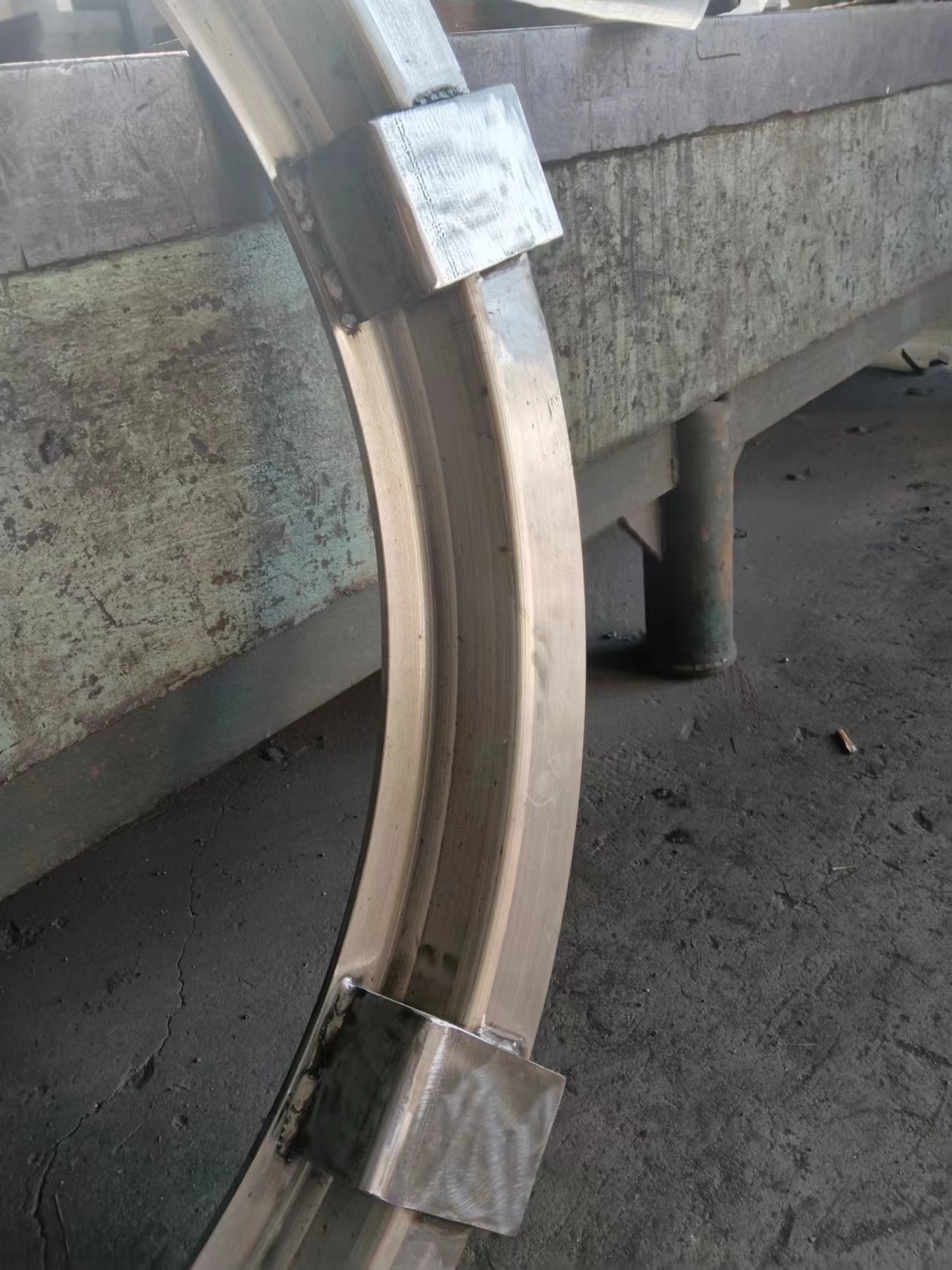Oct . 08, 2024 22:21 Back to list
Exploring the Benefits and Applications of Aluminum Castings in Modern Manufacturing
Aluminum castings are an essential component in various industries, known for their versatility, lightweight properties, and resistance to corrosion. The process of aluminum casting involves pouring molten aluminum into a mold, where it solidifies into a specific shape. This technique has evolved significantly, with different casting methods employed depending on the desired characteristics of the final product.
One popular method is sand casting, which utilizes sand molds to create complex shapes. This method is particularly advantageous for producing large parts, as it allows for intricate designs and is cost-effective for low to medium production volumes. Another widely used technique is die casting, which involves forcing molten aluminum into pre-shaped steel molds under high pressure. This process results in precision parts with excellent surface finishes, making it ideal for high-volume production.
The advantages of aluminum castings extend beyond just manufacturing efficiency. Aluminum is renowned for its strength-to-weight ratio, making it an excellent choice for applications where reducing weight is critical, such as in the automotive and aerospace industries. The lightweight nature of aluminum castings contributes to fuel efficiency and performance, while their strength and durability provide long-lasting solutions.
aluminum castings

Additionally, aluminum castings exhibit exceptional resistance to corrosion, attributed to the formation of a protective oxide layer on their surface. This characteristic makes aluminum an ideal material for outdoor applications and in environments exposed to moisture and chemicals. Industries such as construction, marine, and electronics benefit from the longevity and reliability of aluminum castings, ensuring that components withstand harsh conditions without degrading.
Moreover, aluminum is a highly recyclable material, allowing for a circular economy approach in manufacturing. Recycled aluminum requires significantly less energy to process compared to primary aluminum, thereby reducing overall carbon emissions. This sustainability aspect makes aluminum castings an environmentally friendly choice, aligning with modern industry's shift towards sustainable practices.
In conclusion, aluminum castings represent a critical aspect of modern manufacturing, combining functionality, efficiency, and sustainability. Their lightweight, corrosion-resistant nature, coupled with various casting methods, enables diverse applications across multiple industries. As technology advances, the potential for aluminum castings will continue to grow, paving the way for innovative designs and improved performance in an array of products.
-
Durable Cast Steel Concrete Pipe Mold Bottom Rings & Base Trays
NewsAug.23,2025
-
Centrifugally Cast Iron Water Main Pipe for Reliable Mains
NewsAug.22,2025
-
Durable Centrifugally Cast Iron Water Main Pipe
NewsAug.11,2025
-
Centrifugally Cast Iron Water Main Pipes for Reliability
NewsAug.10,2025
-
High-Quality Centrifugally Cast Iron Water Main Pipes
NewsAug.09,2025
-
Durable Cast Iron Water Main Pipe & Drainage Solutions
NewsAug.08,2025


